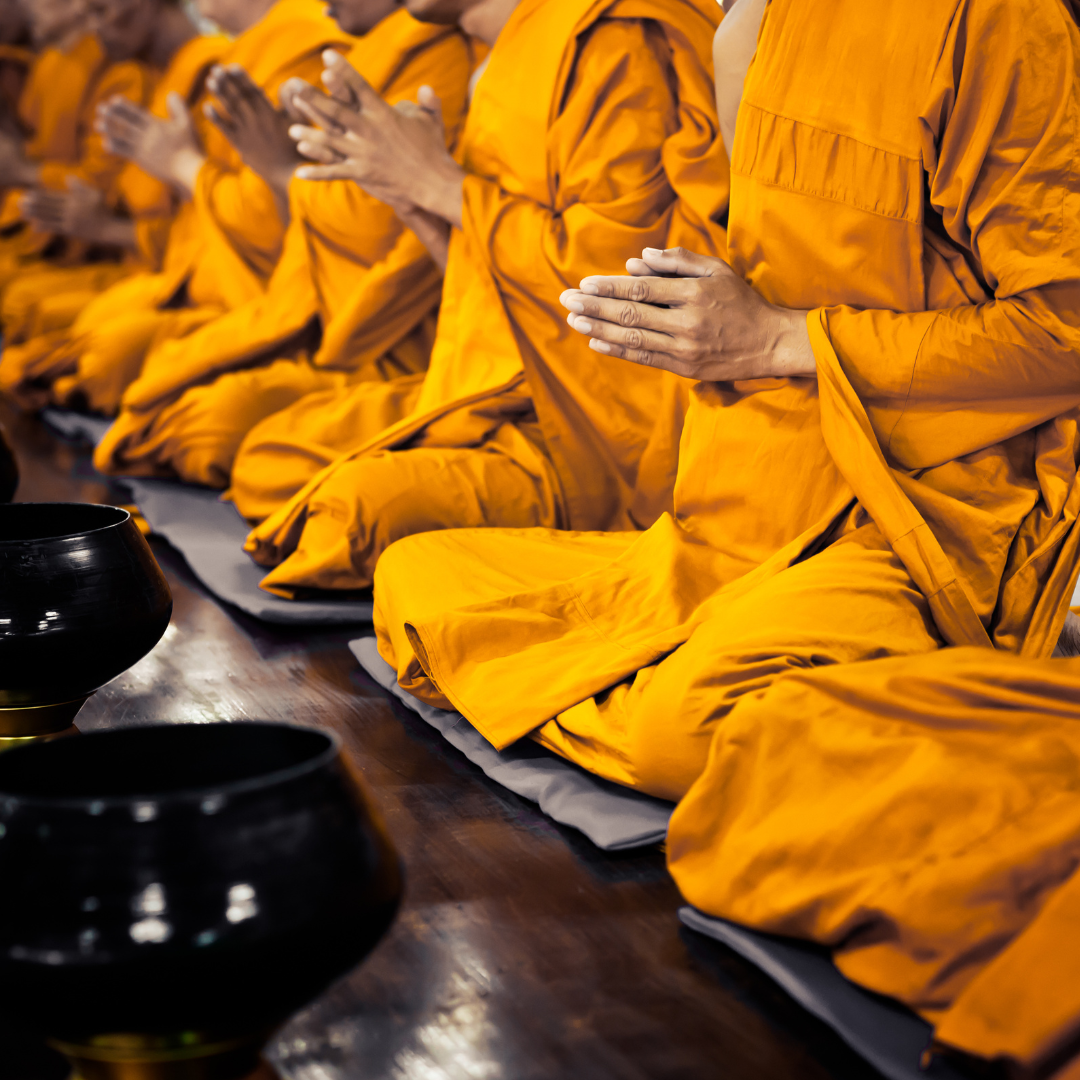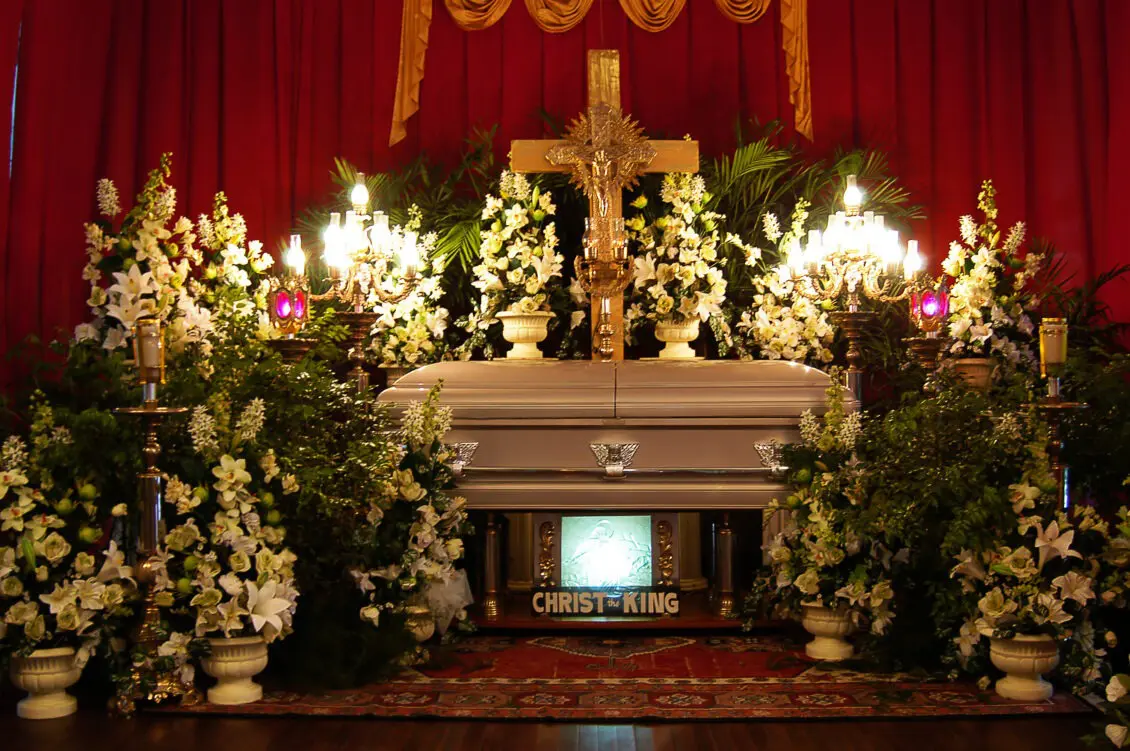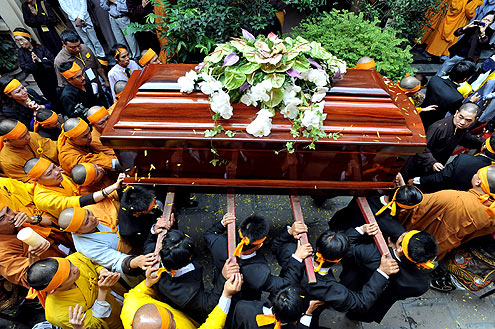Losing a loved one is never easy, and the period leading up to a funeral can often feel overwhelming. In Buddhist traditions, meditation plays an essential role in providing comfort and preparing the mind and spirit for the final goodbye. Buddhist funeral meditation practices are designed not only to honor the deceased but also to help the living navigate the emotional complexities of grief with mindfulness and peace.
In this blog, we’ll explore the significance of meditation before a Buddhist funeral, the types of practices involved, and how these rituals can provide solace during difficult times.
Understanding the Role of Meditation in Buddhist Funerals
Buddhist funerals are deeply spiritual events that reflect the Buddhist belief in the impermanence of life and the cycle of rebirth. Meditation is a core practice in Buddhism, and it serves as a bridge between the physical world and the spiritual realm. It is believed that meditation helps both the deceased and the living prepare for the transition from one life to another.
For family members and friends of the deceased, meditation offers a calming, reflective space to process emotions and honor the passing. For the deceased, meditation practices are intended to guide the soul toward peace and liberation.
Types of Buddhist Meditation Practices Before a Funeral
1. Mindfulness Meditation (Vipassana)
One of the most common meditation practices in Buddhism, Vipassana focuses on observing the present moment with awareness and without judgment. Before a funeral, mindfulness meditation allows individuals to become more present with their emotions, whether it’s grief, sorrow, or even moments of peace. It helps the practitioner to reflect on the impermanence of life and accept death as a natural part of the cycle.
2. Loving-Kindness Meditation (Metta Bhavana)
Loving-kindness meditation, or Metta Bhavana, is a practice of sending out feelings of compassion and love to both oneself and others. Before a funeral, this meditation is particularly helpful in generating feelings of forgiveness and goodwill toward the deceased, as well as offering comfort to those who are grieving. By focusing on the well-being of others, individuals create a peaceful and loving environment to cope with loss.
3. Chanting and Mantras
Chanting is an integral part of Buddhist meditation, particularly before and during funerals. Reciting sacred mantras or Buddhist prayers, such as the Namo Amituofo or Om Mani Padme Hum, helps invoke the qualities of compassion, wisdom, and peace. This form of meditation before a funeral helps the deceased’s spirit find peace and prepares the living to face their grief with a clearer, calmer mind.
4. Visualization Meditation
Visualization meditation involves imagining peaceful, calming scenes or visualizing the deceased on their journey to a better place. This meditation practice is intended to ease the mind and bring comfort to both the living and the deceased. By visualizing the deceased in a serene state, practitioners focus on the belief that the soul is at peace and moving toward a better next life.
Benefits of Meditation Before a Buddhist Funeral
Meditation before a Buddhist funeral is not only about calming the mind; it also serves several other purposes:
- Emotional Clarity: Grief can be a rollercoaster of emotions, and meditation offers a tool to gain clarity. Practicing mindfulness helps individuals accept their emotions and release overwhelming thoughts.
- Peace for the Deceased: Buddhist teachings emphasize the importance of peaceful transitions. Meditation practices done before the funeral can aid the deceased’s soul on its journey, making it an important spiritual ritual.
- Community Support: Meditation is often done in a group, whether at a monastery or with close family members. It provides an opportunity for the community to come together, creating a shared space of support and compassion.
How to Incorporate Meditation into a Buddhist Funeral
Incorporating meditation into a Buddhist funeral can be done in various ways, whether in a private setting or as part of a larger ceremony. Here are some steps to consider:
- Organize a Meditation Gathering: Before the funeral, gather family members and close friends to practice meditation together. This creates a peaceful atmosphere and strengthens the bond between the living and the deceased.
- Work with a Monk or Buddhist Practitioner: If possible, invite a monk or experienced Buddhist practitioner to lead meditation sessions. Monks can guide chanting, mantras, and mindfulness practices to ensure that the meditation is focused and spiritually meaningful.
- Create a Calm Environment: During the funeral, set up a peaceful, quiet space for meditation. Use incense, flowers, and soft lighting to create an atmosphere conducive to reflection and spiritual connection.
- Offer Prayer and Dedication: After meditation, dedicate your prayers and thoughts to the deceased. Offering loving-kindness and compassion through prayers can provide peace to the soul of the deceased.
Buddhist meditation practices before a funeral are a beautiful way to honor the deceased while helping the living find peace and clarity during a difficult time. Whether it’s through mindfulness, loving-kindness, or chanting, these practices provide an opportunity to reflect on the impermanence of life and the continuing journey of the soul.
Taking time to meditate before a Buddhist funeral can bring a sense of calm and community, allowing everyone to process grief in a peaceful, thoughtful way.





